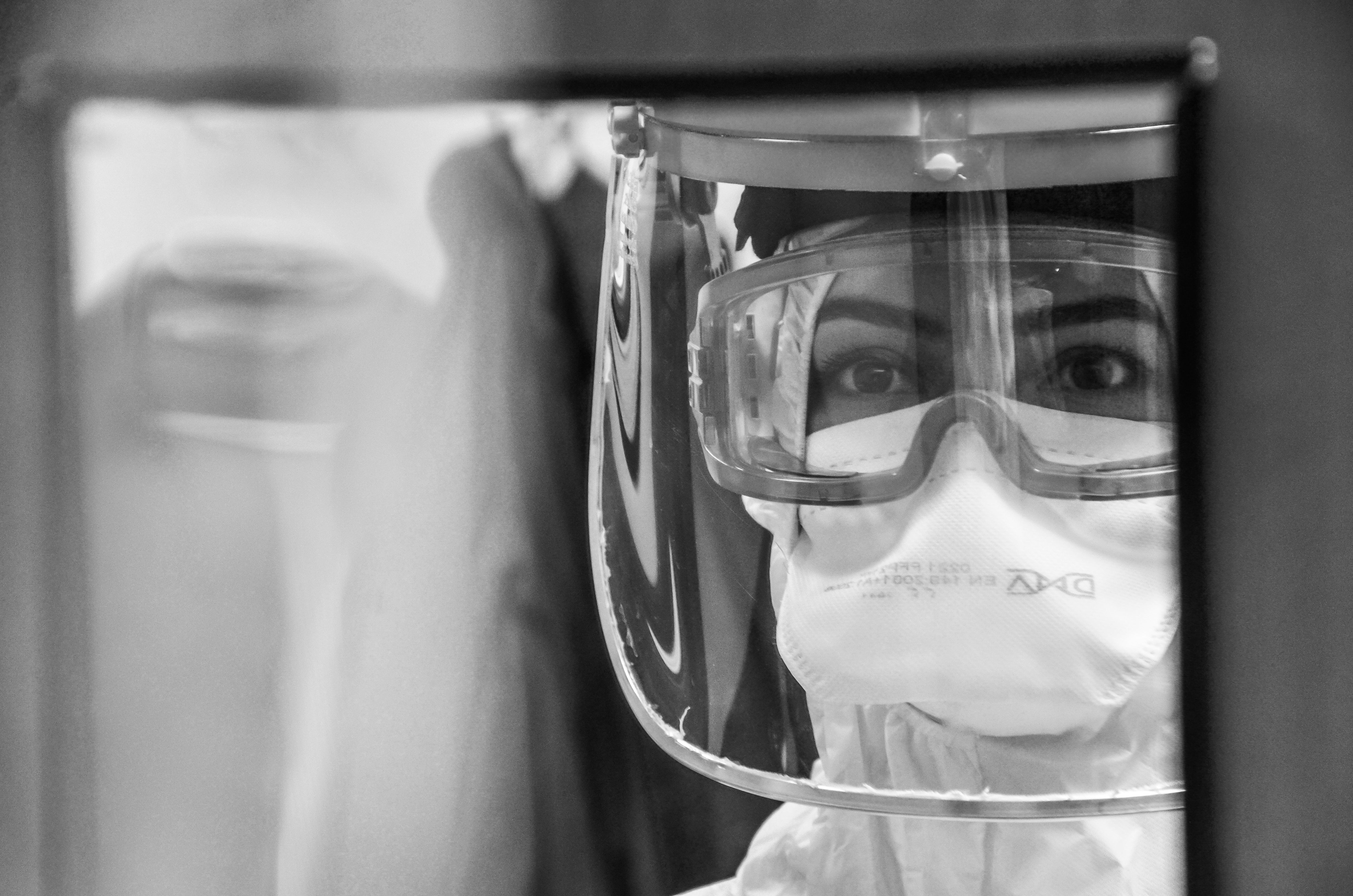As an employer, it's essential to ensure the safety and well-being of your employees in the workplace. One of the most critical ways to do this is by implementing Personal Protective Equipment (PPE). In this blog, we will discuss the importance of PPE and why it's crucial for employers to ensure their employees are using the correct protective gear in compliance with EU directives.
What is Personal Protective Equipment?
PPE is any equipment provided to employees to protect them from potential hazards. PPE can include safety glasses, hard hats, gloves, respirators, protective clothing etc.
Why is Personal Protective Equipment important?
The primary purpose of PPE is to protect workers from hazards that can cause injury or illness in the workplace. Hazards can include physical, chemical, biological, and radiological. Without appropriate Personal Protective Equipment, employees may risk injury or illness, leading to time off work, decreased productivity, and even long-term health problems.
Employers have a legal obligation to provide PPE to their employees where it is necessary to ensure their safety and health at work, in accordance with EU directives. The essential EU directive regulating PPE is Directive 89/686/EEC, which establishes health and safety requirements for PPE in the European Union. This directive has been replaced by Regulation (EU) 2016/425 on personal protective equipment, which came into effect on April 21, 2018. The new regulation strengthens the rules on placing PPE on the market and improves the transparency of the certification process.
Types of Personal Protective Equipment
There are various types of PPE, and it's essential to choose the right equipment for a particular work in accordance with EU directives. Some of the most common types of PPE include:
- Eye and face protection, such as safety glasses and face shields, to protect against flying debris, chemicals, and radiation.
- Head protection, such as hard hats, to protect against falling objects or head injuries.
- Hand protection, such as gloves, against cuts, burns, and chemical exposure.
- Respiratory protection, such as respirators, to protect against airborne hazards.
- Foot protection, such as safety shoes, to protect against falling objects or electrical hazards.
- Hearing protection, such as earplugs or earmuffs, to protect against loud noises.
- Body protection, such as coveralls, to protect against chemical, electrical, or biological hazards.
- Fall protection, such as safety harnesses and lanyards, to protect against falls from heights.
- Fire protection, such as fire-resistant clothing, against flames and heat.
- Emergency first aid kits.
- Gas detectors, to detect hazardous gases in the workplace.
- Chemical and oil spill kits, to contain and clean up chemical or oil spills in the workplace.
Choosing the correct Personal Protective Equipment for the job
When choosing PPE, it's essential to consider the type of hazards present in the workplace and the tasks performed in accordance with EU directives. Employers should also ensure that the PPE is comfortable, fits properly, and is appropriate for the work. Additionally, employees should know how to use and care for their Personal Protective Equipment in accordance with the EU directives.
The cost-saving benefits of using correct Personal Protective Equipment
In addition to protecting employees from potential hazards, using PPE can also result in cost savings for employers. Employers can save money on medical costs, worker's compensation claims, and lost productivity by preventing accidents and injuries. Furthermore, by providing PPE to employees, employers can demonstrate their commitment to safety and reduce the risk of costly fines and legal fees associated with non-compliance with EU directives.
European Union Directives
In the European Union, PPE is regulated by several directives. The main directive governing PPE is Regulation (EU) 2016/425 on personal protective equipment. This regulation replaced Directive 89/686/EEC on PPE and came into effect on April 21, 2018.
The Regulation (EU) 2016/425 on personal protective equipment sets out the rules for the design, manufacture, and marketing of PPE. It establishes the essential health and safety requirements that PPE must meet to ensure the protection of users.
Other relevant EU directives that apply to PPE include:
- Directive 2014/34/EU on equipment and protective systems intended for use in potentially explosive atmospheres.
- Directive 97/23/EC on pressure equipment.
- Directive 2004/108/EC on electromagnetic compatibility.
- Directive 2011/65/EU on restrictions of the use of certain hazardous substances in electrical and electronic equipment.
These directives set out specific requirements for PPE that are intended for use in potentially explosive atmospheres, pressure equipment, electromagnetic compatibility, and electrical and electronic equipment.
It's essential for employers to ensure that any PPE they provide to their employees complies with these directives. It will help ensure that PPE is effective in protecting employees from hazards in the workplace and is legal to use and market in the European Union.
Conclusion
Personal Protective Equipment (PPE) is essential for protecting employees from hazards in the workplace. Employers have a legal obligation to provide PPE to their employees where necessary, in accordance with EU directives. The directive regulating PPE in the EU is Regulation (EU) 2016/425 on personal protective equipment. There are many types of PPE, and it is critical to choose the right equipment for the job, in accordance with EU directives. Employers should also ensure that employees are trained to use and care for their PPE. By using the correct PPE, employers can prevent accidents and injuries, resulting in cost savings and demonstrating their commitment to safety. Compliance with EU directives is essential for ensuring that PPE is effective in protecting employees from hazards in the workplace and is legal to use and market in the European Union.
Check Out Our Most Selling Products

